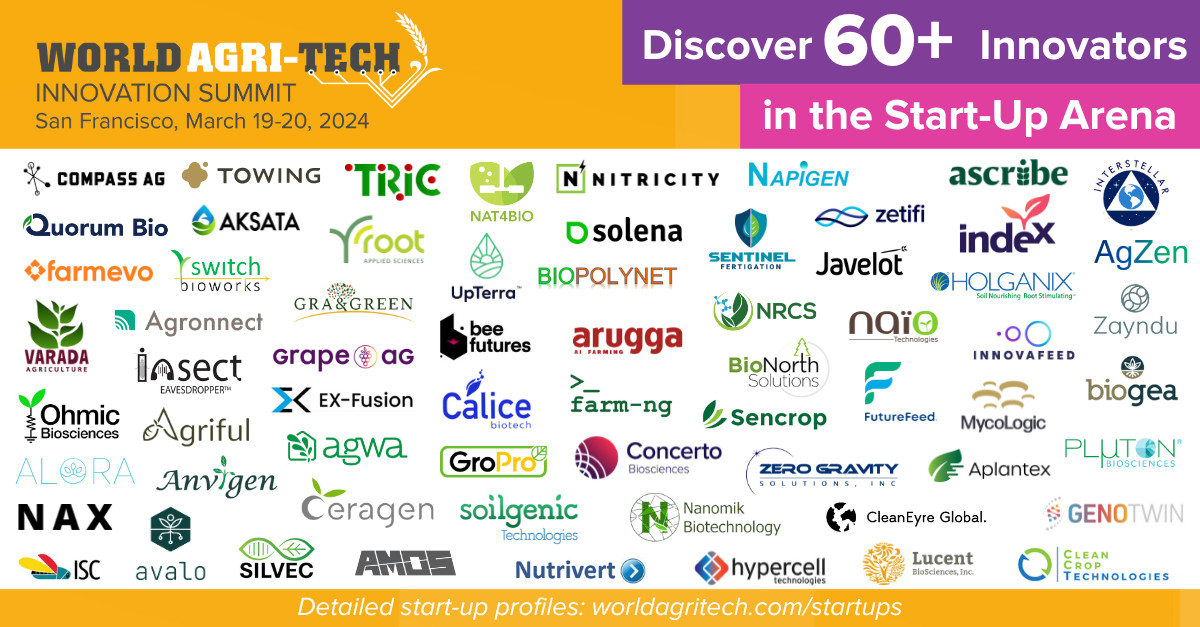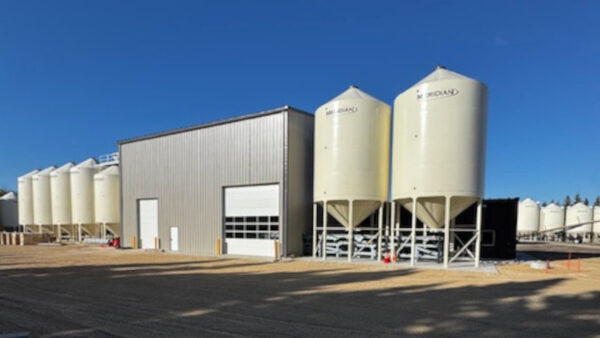As new business models utilizing online retailing and direct buying of farm inputs move into Canada, now is a great time for brick-and-mortar retailers to examine their business models and ask themselves one question: do they have what it takes to succeed?
That’s according to Justin Funk, managing partner at Agri Studies in Guelph, Ont. He’s developed sales educational programs for some of the industry’s largest agricultural companies. A major area of interest for him is looking at future marketing trends in agri-retail.
“I’m surprised it’s taken this long for a retailer with this model to come in,” Funk says of Farmers Business Network’s move into Canada. “About 10 years ago we did a large producer study and identified a desire among farmers to want to buy more product direct from manufacturers. At the time, we advised people that a business model like this was potentially on the horizon. It’s just the reality of competing in today’s retail landscape.”
The industry has been talking about online buying and direct selling for years, Funk notes. He says there’s often a slow adoption of new ideas in the retail world and among farmers. The speed at which an idea is adopted can be affected by that idea’s compatibility with current thinking, complexity of the idea, skepticism revolving around that idea and how quickly early adopters are able to observe results.

“All these things matter when it comes to people’s willingness to try new things,” Funk adds.
From recent research Agri Studies has carried out in partnership with Purdue University on the purchasing habits of multi-generation farms, one thing is clear: young farmers want to deal with retailers they perceive as being tech-savvy. Young farmers have grown up in an age of doing everything online, Funk notes.
But he emphasizes that being tech-savvy goes beyond just basic computer literacy and offering online shopping. Retailers perceived as truly tech-savvy use all aspects of technology to make decisions when it comes to farming — from equipment technology, precision agriculture techniques, soil sampling and biotechology.
“Retailers and suppliers who understand that and can utilize those technologies to help the farmer make better decisions are going to be favoured by farmers of the future,” Funk says.
“The worst thing a retailer can do is become complacent and rely on the same thing they’ve always relied on. Often they say, ‘We have great products.’ Well, so does everyone. Or they say, ‘We have great service and great suppliers.’ That doesn’t cut it anymore.”
Instead, retailers have to be prepared to add value and justify their existence in a world where direct selling is becoming more popular.
“For example, larger chemical manufacturers are loading up with field sales reps to make farm calls. The intention is to get closer to the customer. The reason they can do that is because there are fewer customers to call on, and those customers are of larger acreage and are more valuable as a result. As a retailer, are you continuing to add value for the grower?”
That being said, he cautions that nothing is guaranteed in the business world, and companies that utilize direct selling and similar techniques should not assume they’ll be automatically successful.
“If I go on Amazon and goof on a $35 purchase, it’s not the end of the world. If I go to an online retailer and goof on a $35,000 seed order, a lot is at stake there. What if there’s a quality issue — who deals with it? What if it’s late in arriving? What if it’s the wrong variety of seed? Those questions will have to be answered. With a traditional brick and mortar retailer, you simply call your sales rep and they deal with it. What does an online retailer do?”












